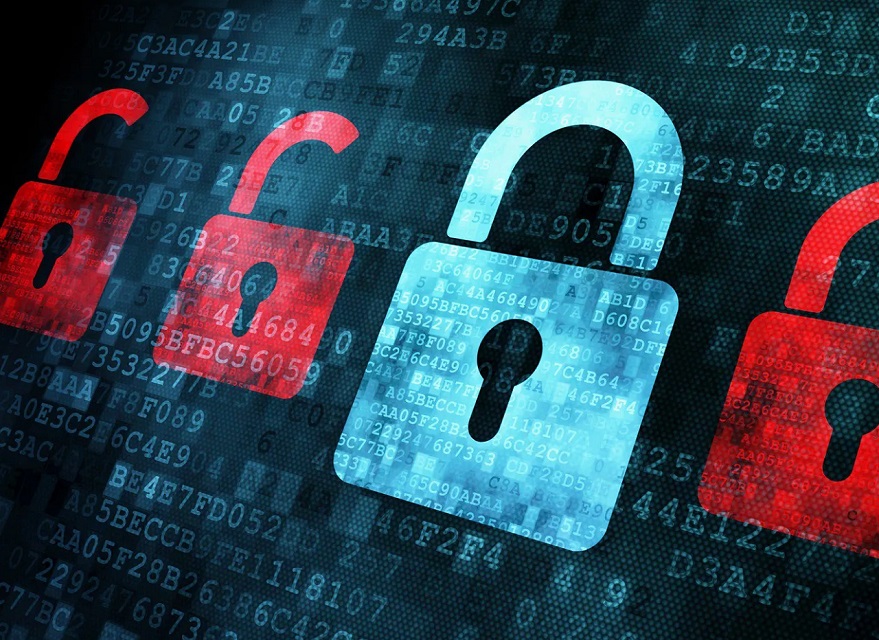In today’s digital age, protecting your data is more critical than ever. With the rise of cyber threats and hacking incidents, individuals and businesses alike must take proactive measures to safeguard their sensitive information. Cybersecurity breaches can result in severe consequences, including financial loss, reputational damage, and even legal ramifications. Therefore, it is imperative to implement robust security measures to mitigate the risk of cyberattacks. In this comprehensive guide, we will outline essential cybersecurity tips to help you protect your data effectively.
Table of Contents
Cybersecurity Keep Software Updated
One of the most fundamental cybersecurity practices is to ensure that all software on your devices is regularly updated. Software updates often contain security patches that address known vulnerabilities and weaknesses. By keeping your software up to date, you can prevent cybercriminals from exploiting security flaws to gain unauthorized access to your data.
Use Strong Passwords
Passwords serve as the first line of defense against cyberattacks, making it crucial to use strong and unique passwords for all your accounts. Avoid using easily guessable passwords such as “123456” or “password.” Instead, opt for complex passwords that combine uppercase and lowercase letters, numbers, and special characters. Additionally, consider using password management tools to securely store and manage your credentials.
Enable Two-Factor Authentication (2FA)
Two-factor authentication (2FA) adds an extra layer of security to your accounts by requiring two forms of authentication to verify your identity. Typically, this involves entering a password and a unique code sent to your mobile device. By enabling 2FA, you can significantly reduce the risk of unauthorized account access, even if your password is compromised.

Be Cautious of Phishing Attacks
Phishing attacks are among the most common cyber threats, relying on social engineering techniques to trick individuals into divulging sensitive information. Be wary of suspicious emails, links, and attachments, especially if they request personal or financial information. Always verify the authenticity of unsolicited communications before taking any action.
Secure Your Wi-Fi Network
Unsecured Wi-Fi networks pose a significant security risk, as they can be exploited by cybercriminals to intercept data transmitted over the network. To protect your Wi-Fi network, ensure that it is encrypted with WPA2 or WPA3 security protocols. Additionally, change the default password for your router and enable network encryption to prevent unauthorized access.
Backup Your Data Regularly
Data backups are essential for data recovery in the event of a cyberattack or data loss incident. Regularly backup your critical data to secure offsite locations, such as cloud storage services or external hard drives. This ensures that you can restore your data quickly and efficiently in the event of an emergency.
Also Read : Top 10 Captivating Places to Visit in Shimla
Educate Yourself and Your Team
Investing in cybersecurity awareness training for yourself and your team can significantly enhance your defense against cyber threats. Educate employees on best practices for data security, phishing awareness, and safe internet browsing habits. By fostering a culture of security awareness, you can empower your team to recognize and respond to cybersecurity threats effectively.
Conclusion
Protecting your data is paramount in today’s digital landscape. By implementing robust cybersecurity measures and following best practices, you can safeguard your sensitive information from cyber threats. Remember to keep your software updated, use strong passwords, enable 2FA, and remain vigilant against phishing attacks. Additionally, secure your Wi-Fi network, regularly backup your data, and invest in cybersecurity awareness training for yourself and your team. By taking proactive steps to protect your data, you can minimize the risk of cybersecurity incidents and preserve confidentiality, integrity, and availability of your information assets.







